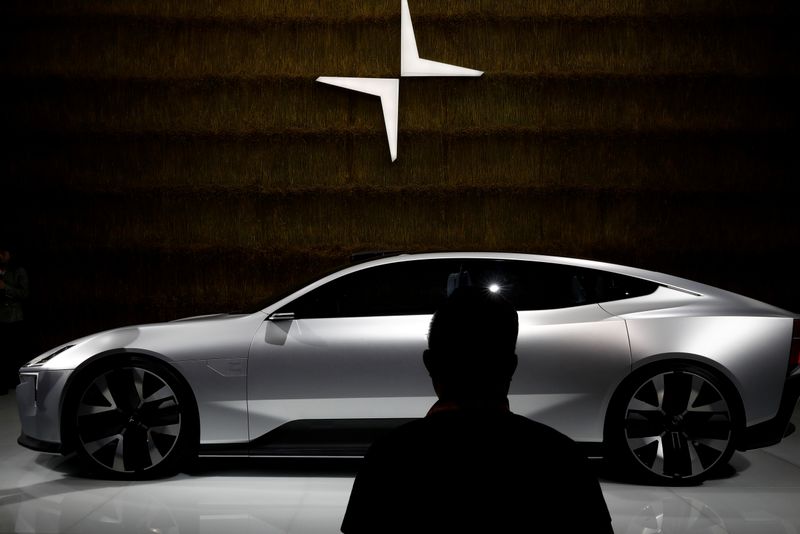This post was originally published on this site

While speaking at the Reuters Automotive Conference in Munich, Nobelius said, “If we align with partners and say this is how we decarbonize the supply chain… we can make an impact… we would like to team up”.
Polestar, whose cars are produced by Volvo (ST:VOLVb), lowered its 2023 production guidance last week and said it would cut headcount by 10% amid a challenging environment for the industry.
Rival electric automaker, Rivian (NASDAQ:RIVN) were backers of a study that said in February that the automotive industry was set to overshoot the 1.5-degree Celsius pathway by at least 75% by 2050, calling for collaboration to accelerate the transition to electric vehicles.
Nobelius stated Tuesday that car manufacturers, partners, and suppliers should collaborate to establish industry-wide standards, covering aspects such as supply chain traceability, the adoption of sustainable energy sources, and the monitoring of battery health.
Being able to shift quickly in line with new technologies was also key to succeeding in the EV market, Nobelius said, taking the example of battery cell technology.
“We need to have the capability to shift cell chemistry every second year based on competition,” he said.
According to Nobelius, Polestar’s choice to cease exporting vehicles manufactured in China to international markets and instead commence production in the United States starting in 2024 was partly motivated by the company’s commitment to reducing their carbon footprint and a desire to mitigate geopolitical risks.
“We’ll produce in China for China and in South Carolina for the rest of the world,” the executive said. “That means more investment but less carbon footprint and increased robustness.”
Shares of PSNY are up 1.83% in premarket trading on Tuesday.

